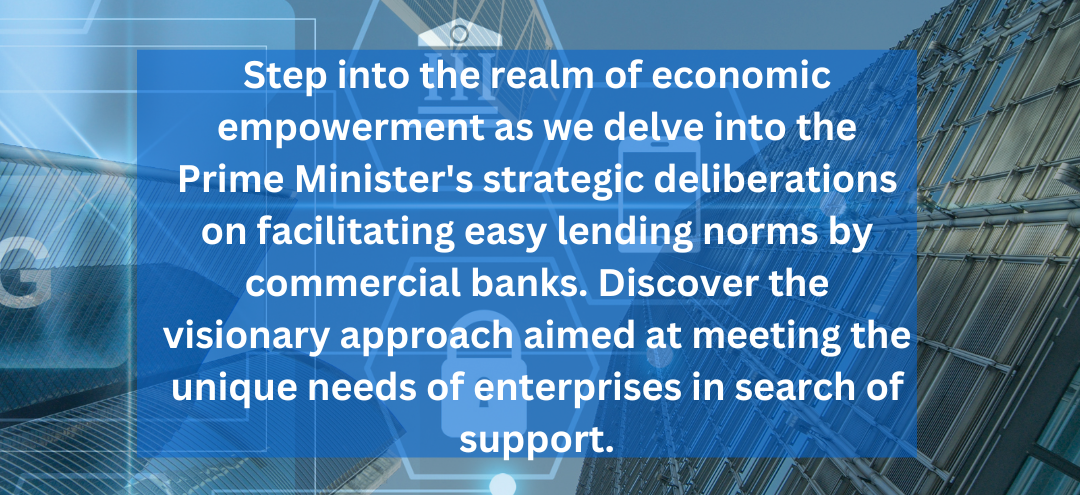It would not be an understatement to say that in the last few years, Angel Tax has had a huge impact on the start-up ecosystem! Over the past year, there have been reports of several early-stage start-ups receiving notices from the income tax department asking them to clear outstanding dues on the angel funding received by them. This has caused a big distress in the start-up community. Many angels have been asked to pay upwards of 30% of their total funding as angel tax. They have also received many notices from the Income Tax department prompting them to furnish details of the source of their income and also their bank account statements.
So what exactly is the angel tax?
It is the tax levied on an Angel investor who invests in a start-up based on capital gains. It is calculated as the differential between their investment and fair market valuation. Now that’s where the problem lies, how do you determine the fair market valuation of start-ups?
Angel investors are generally ultra-high-net-worth individuals or professional investors who fund start-ups for gaining stakes in the start-up generally at the foundation stage or after bootstrapping rounds. The tax was introduced by former finance minister Pranab Mukherjee in the 2012 Union Budget to prevent the laundering of funds. Since its introduction, the law has been a big source of worry for both the start-up community and angel investors.
Impact of Angel Tax:
- Limitations on Angel Investor’s autonomy in structuring funding contours & terms
Since its introduction, the Angel Tax has majorly disrupted the market dynamics since its introduction. Since the funding is now based on the criteria and limits set by the government, it becomes challenging for investors to finance start-ups as it takes away their autonomy in structuring deals.
- Taxation structure that reduces the IRR for Angel Investors
In India, the government treats angel investment as an equity investment and capital gains are applicable. In Indian law, Income tax is not imposed on capital but on profit actually, this is a big burden on the start-up ecosystem. When an angel investor invests in a start-up they are issued shares. The change in the price of these shares over time decides the quantum of capital gains. Angel investors and start-ups have long demanded that Discounted Cash flow method be applied to valuation to calculate angel tax viz a viz Net Asset Value. The government feels that the commercial negotiation between start-up and investor to determine a start-up’s projected earnings is highly subjective and susceptible to money laundering.
- Impact on the flow of funds to the rapidly flourishing Startup Ecosystem
The introduction of the Angel tax has had a devastating impact on the country’s start-up ecosystem which was just starting to bloom around the year 2011-12. It should be noted that the number of companies being funded through angel investors had dropped by 80% during the same period, also angel funding has reportedly faced a drop of over 55%.
- Start-up Migration to other countries
Angle tax has pushed start-ups to shift their businesses to alternate destinations overseas. As some countries in the APAC region provide a more friendly and conducive taxation and funding environment for start-ups to get them up and running, most also have policies to support the sales of their products and services. This is in stark contrast to the current environment for start-ups in India which has led to substantial loss of income and limitation of their opportunities to raise capital due to incessant and stringent tax laws.
Recent Amendments and Developments:
Off late there have been some relaxations for start-ups, as you know earlier, for a start-up to gain the status of start-up they should have been incorporated or registered in a period of seven years, but that period has now been increased to ten years. Their turnover limit has been increased to hundred crores from 25 crores, and not only that this new notification has done away with section 56(2) of the IT Act which restricted investment into the start-up to the fair market value of the start-ups. Remember earlier the investments coming into a start-up would have to be less than the fair market value of the startup and this was a point of concern for start-ups as the criteria for evaluation was not clear so now that has been relaxed and any amount of money irrespective of the fair market value is now exempted from the tax. Other major developments have also been mentioned below
- For recognized startups requirement of ‘Merchant Banker Valuation’ has now been done away with.
- Approval of the Inter-Ministerial Board is no longer required for claiming exemption u/s 56 (2) (viib)
- Department of Industrial Policy and Promotion will send applications from startups for shares that have already been issued or for a proposed investment. that are seeking exemptions to the Central Board of Direct Taxes (CBDT) for approval which has to be provided or rejected within 45 days from receipt of the application by CBDT.
Notable challenges:
- The notification maintains complete silence when it comes to addressing the entities regarding assessment orders that have been passed already. This leads to a demand rise as a result of the Angel Tax. Obtaining instant recognition as a startup from the government and defending the case at the appellate stage seems to be the sole option for such companies.
- Bar on using Angel fund investments received for one entity, so if you got an investment for one entity you cannot use it in another entity whether it’s a subsidiary, group, or holding of the same entity. The government’s prime motive was to prevent the diversion of funds and the generation of black money through complex entities. This bar has led to a sense of restlessness among start-ups.
- Pending notification from CBDT and IT department regarding changes in IT laws to make this notification more credible and enforceable.
About the Author
Sunil Kumar Gupta is an entrepreneur par excellence, philanthropist, and a great visionary. He is the Leader of Indo European Business Forum (IEBF) and also the Founder Chairman of SARC & Associates, Chartered Accountants, and SARC Foundation, and Life Trustee of Rashtriya Antyodaya Sangh, a Public Charitable Trust. He has over 32 years of experience in diverse fields such as Corporate planning, Financing, Taxation, Banking, Education, Investments, Oil & Gas, and project implementations. He is a Fellow Member of the Institute of Chartered Accountants of India (ICAI), a Life Member of the Indian Council of Arbitration, and a Full Member of the Institute of Certified Public Accountants of Uganda (CPA-U).







0 Comments